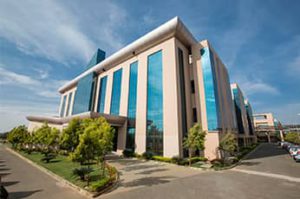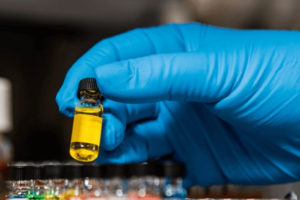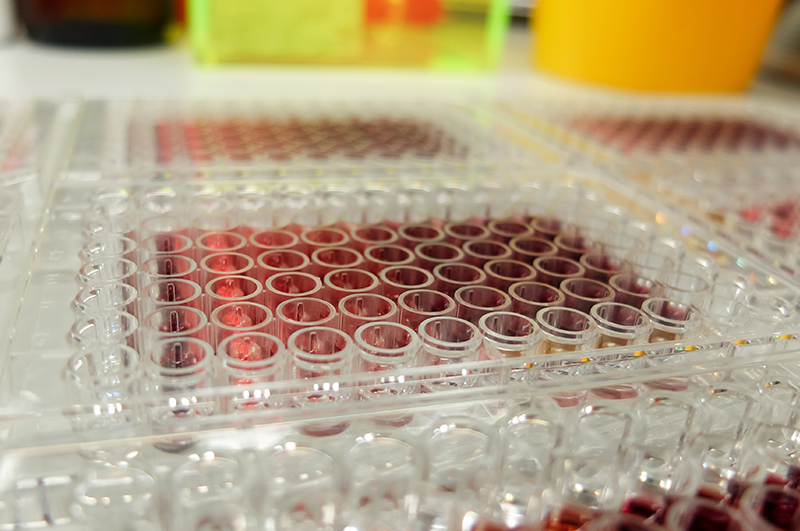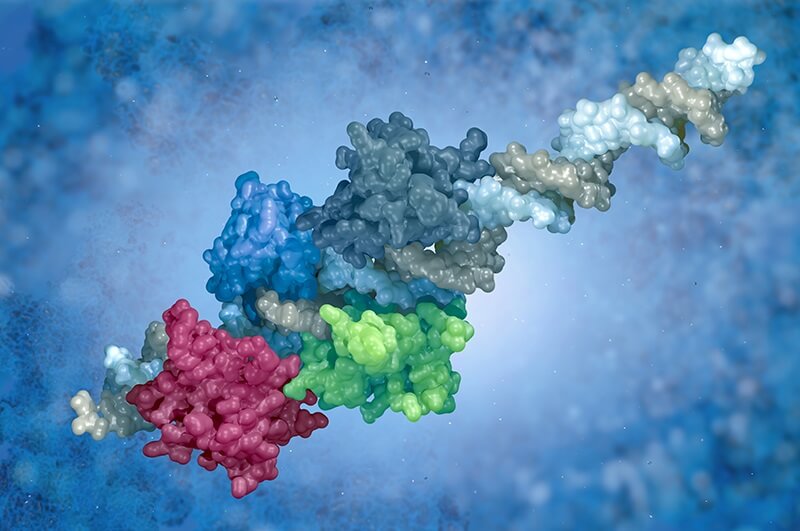In this video, Syngene scientist Saurabh Sahu takes you through the capabilities and features of our integrated Sterile Fill-Finish facility for clinical supplies of Biologics and Small Molecules, as well as, products that are sensitive to light, heat and oxygen.
Menu
- About Us
- Solutions
- Small Molecules
- Biologics
-
- Other Drug Modalities
- SynVent Integrated Drug Discovery
-
SynVent Integrated Drug Discovery
SynVent is Syngene’s platform for fully integrated therapeutic discovery and development across large and small molecules.

-
- Industries
- Emerging Biopharma
-
Emerging Biopharma
Emerging biopharma work at the forefront of science, often venturing into disease areas where little or no real-world data exists to work with or regulatory frameworks to work within.

-
- Dedicated Centers
-
Dedicated Centers
Our Dedicated Centers offer dedicated multi-disciplinary scientific teams, support personnel, and a tailormade ring-fenced and fire-walled infrastructure as per client specifications to support their R&D goals

-
- Center for Advanced Protein Studies (CAPS)
-
Center for Advanced Protein Studies (CAPS)
Centre for Advanced Protein Studies [CAPS] is a state-of-the-art advanced national facility located in the Syngene campus, Bangalore.

-
- Small Molecules
- Investors
-
- Careers
- Newsroom
- Insights & Resources
- Group Companies









